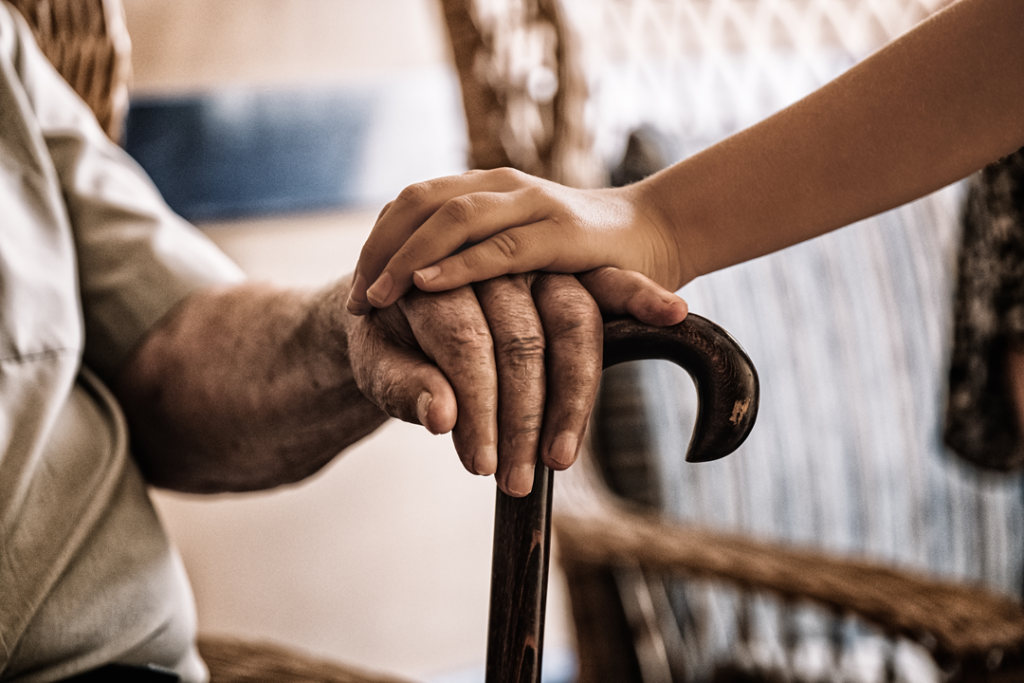Excellent experience start to finish – always very responsive to any queries and the turnaround on the property I was buying was very quick, even in the busy time leading up to stamp duty deadline. Jenny was always very helpful and went above and beyond to close on a short timescale.
Q: Although we are both fit and healthy now, my wife and I are worried that our home and savings might end up being used on care home fees in the future so that we won’t be able to leave our money to our children. We are in our early 60’s and have heard that we could transfer our house to our children now to prevent this, is it a good idea?
A: Whether or not you will have to contribute towards the cost of your care, should you need care in the future, will depend on your financial position at that time. Additionally, the Local Authority may well review the past gifts you have made and, if they decide you have intentionally deprived yourself of capital for the purpose of avoiding future care costs, they can include the assets anyway as “notional capital”. There are various things you should consider first. There could be tax consequences to transferring assets to your children, and you should get advice from a solicitor and if necessary an accountant. There are also practical considerations. If you do transfer assets to the children, and one of them is made bankrupt, the asset could be lost to the trustee in bankruptcy. If one of the children get divorced whilst owning your property, their former spouse may make a claim against it. If you are in a position to make gifts, there are alternative options, such as putting assets into a trust, but you should take specialist advice.
—
Q: Are there any steps we can take to try and protect our assets from care home fees which don’t involve giving away all our assets now?
A: There are steps you can consider taking within your wills which have the potential to ring fence some of your assets for your family. If you jointly own your home with your partner, it is possible to leave your share of your house to your partner for their lifetime, but after their death, specify that it goes elsewhere. The benefit of this kind of will is twofold. Firstly, you retain control over the ultimate destination of your own assets, as opposed to your partner inheriting them and passing them on elsewhere. Secondly, this arrangement can reduce the chance of your assets being spent on your partner’s care home fees, if they go into care after your death. If you are married or in a civil partnership this kind of arrangement still benefits from the spouse exemption from Inheritance Tax which applies to gifts between spouses/civil partners.
—
Found this article useful? You might be interested in some of our others:


